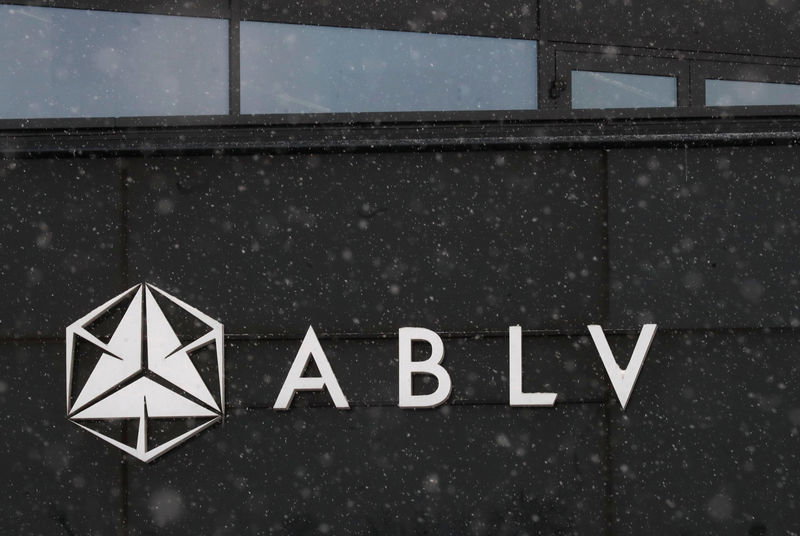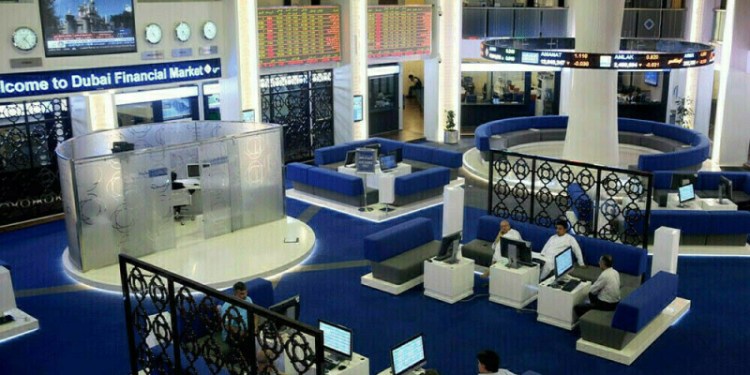 © Reuters. A logo of the ABLV Bank is pictured in Riga
© Reuters. A logo of the ABLV Bank is pictured in RigaBy John O’Donnell and Gederts Gelzis
RIGA (Reuters) – One of Latvia’s largest banks has asked for a 480 million euro loan from the country’s central bank as part of efforts to reopen for business after being forced to halt all payments in the face of money laundering accusations.
The request for credit from the Baltic state’s central bank comes amid frantic efforts by ABLV’s management to keep the bank afloat after U.S. authorities singled it out for money laundering and moved to block it from doing financial deals in dollars.
The ECB has imposed a moratorium stopping savers withdrawing their funds or making payments.
ABLV has denied any such wrongdoing.
An ABLV spokesman said more than 1,000 customers had pledged to keep 420 million euros ($515.93 million) in long term deposits at the bank. Most of its deposits are held by foreigners from countries including Russia and Ukraine.
The spokesman also confirmed that the bank was seeking the emergency loan.
“We’re speaking about the sum of up to 480 million euros,” Arturs Eglitis, a spokesman for the bank told journalists, referring to Emergency Liquidity Assistance that may be granted by the central bank.
The crisis at ABLV comes alongside a separate police investigation into whether the head of Latvia’s central bank took a bribe of more than 100,000 euros.
Ilmars Rimsevics has dismissed the allegations and said that he is the victim of a smear campaign, while the Ministry of Defence has suggested too that disinformation may be to blame.
The ministry did not say who was behind this but drew parallels with campaigns before the U.S. elections in 2016. Russia has denied it was behind those campaigns and says it does not meddle in elections in the West.
The episode has cast a shadow over Latvia, which belongs to the euro zone and whose top officials hold influential posts both at the European Commission and European Central Bank.
Experts have said that the events raise questions about the ECB, which is responsible for supervision of ABLV and other banks around the euro zone.
On Thursday, the ECB’s supervisory chief Daniele Nouy said it was not her responsibility to police any such money laundering but that it was the job of national regulators.
Fusion Media or anyone involved with Fusion Media will not accept any liability for loss or damage as a result of reliance on the information including data, quotes, charts and buy/sell signals contained within this website. Please be fully informed regarding the risks and costs associated with trading the financial markets, it is one of the riskiest investment forms possible.
Source: Investing.com




























